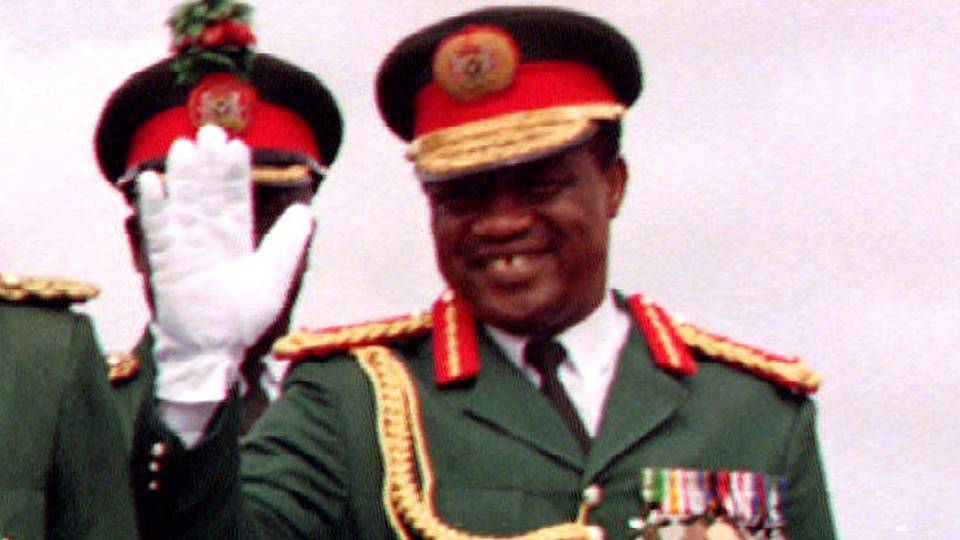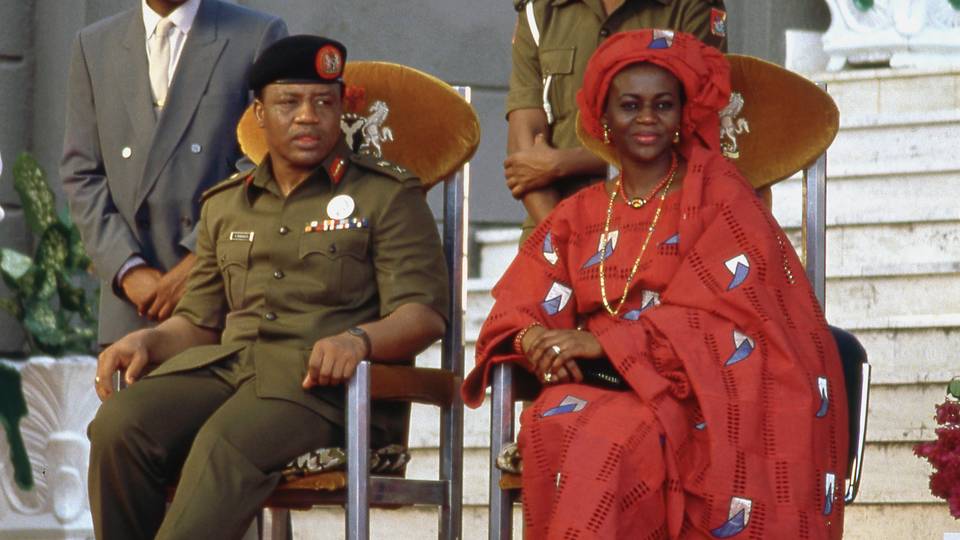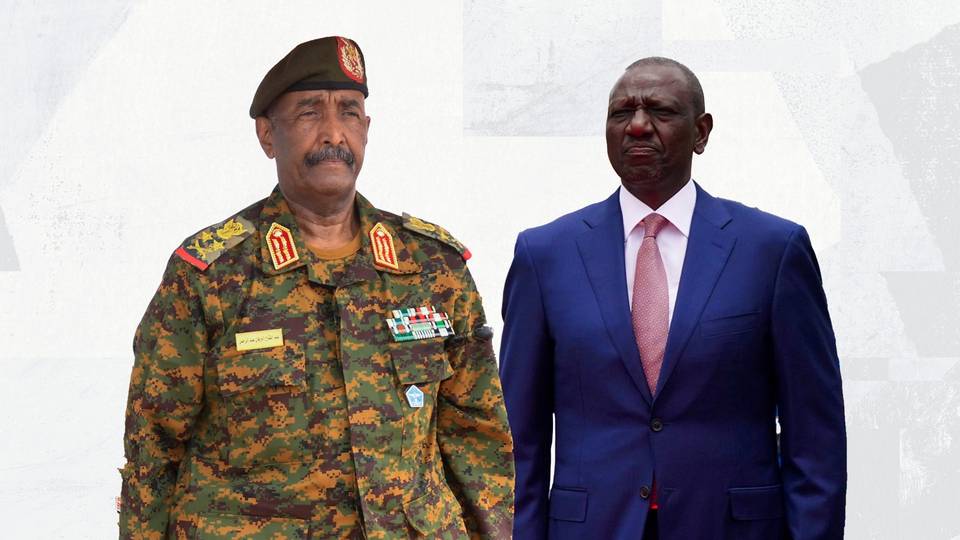Sport
Dollar
38,2910
0.06 %Euro
43,6273
-0.23 %Gram Gold
4.108,5300
-1.26 %Quarter Gold
0,0000
%Silver
0,0000
%Professional translators in Africa, working on a chorus of over 2,000 languages are now dealing with cutting-edge technology.

By Mazhun Idris
"It's only words..."
Not really, as a banking major found out the hard way in 2009, having had to shell out US $10 million to scrap and revise its widely publicised international tagline – "Assume Nothing" – that was disastrously translated into "Do Nothing" in many non-English-speaking nations.
A fried chicken giant stepped on a similar linguistic minefield when it debuted in Beijing in the Eighties as an iconic slogan hilariously translated into "Eat your fingers off".
Across the East China Sea, roughly a decade later, a drama played out between a fading American film star and a young woman that showed the world how things "Lost in Translation" in an alien country can trigger a sense of existential angst and alienation.
Now imagine seamlessly juggling over 2,000 languages that bind a 54-country continent: Africa. In fact, African languages are among the most under-resourced in digital and online translation tools.
In 2017, the United Nations declared September 30 International Translation Day as a tribute to the work of translators "who endeavour to make the world a slightly smaller place by breaking down language barriers".
The beginning
Fast forward to the 19th century, when translation became a legitimate field of study worldwide.
Then came the collective impact of technological innovations: first, the radio at the turn of the twentieth century, followed by television a couple of decades later.
Trailing the massive push in spreading and popularising languages worldwide was the game-changer, the personal computer. We will touch on this point later.
In the last few decades marked by remarkable progress in internet and data technologies, translation has seen rapid changes, both as a field of study and practice.
The electronic medium of digital processing, computing and internet integration powers modern translation industry.
Gloria Francis, a professional Swahili translator and copy editor at Digital Divide Data in Nairobi Kenya, tells TRT Afrika that through the globalisation of consumer and business markets aided by technology, the work of translators is of ever-growing importance.
"Apart from breaking geographical barriers, the translation industry has fueled the aggregation of markets, and with technology, it has proved to be cost-efficient in handling big projects. African languages could leverage translation technology for fair representation in global affairs."
The tech push
The popularity of the personal computer as a mass-market consumer electronic device, beginning in the 1970s, was precisely what professional translators needed to process and disseminate information quickly.
The PC became their Man Friday, a far cry from the days when their ilk had only pen, paper, typewriters and electronic telegraphs at their disposal. The ultimate transition from hardcopies to e-copies was completed by adopting PCs in offices and homes before internet connectivity sealed the final deal.
More opportunities for translators opened along the way, with increased access to projects and clients from across the globe with remote interaction, a boon for ‘minority language’ translators.
Mohammad Arabi Umar, a professional Hausa translator and an academic at the department of languages and cultures in Federal University Gusau, in Nigeria, tells TRT Afrika, "Less than two decades ago, I was using pen, paper, dictionaries, and a written list of glossaries.
"Today, all of these and even more are available on the screen of my laptop and smartphones."
There's scope, though, to up the tech game for even greater ease of work. "Nigeria has over 300 languages, but our translation curriculum in tertiary institutions largely dwells on theoretical and manual aspects of translation," says Umar.
Gloria believes technology could help African translators by ensuring the production of quality translations that communicate the full intent of African languages, facilitating the learning and teaching of native languages.
Need for more
The wide popularity of personal computer (PC) as a mass-market consumer electronic device, which began in the 1970s, successfully prompted the popular adoption of the microcomputer ever since then.
In no time, personal computer became the handyman for translators who needed faster processes of Information retrieval.
In the past, translators had used the manual process of pen and paper, then typewriters and electronic telegraphs. The transition from hardcopies to electronic copies was completed with the adoption of PC in offices and homes, before internet connectivity sealed the final deal.
More opportunities opened along the way, as translators increased their access to projects and clients with remote interaction availed by the internet. Minority language translators become accessible by remote clients from different parts of the globe.
Mohammad Arabi Umar, a professional Hausa translator and an academic staff of the department of languages and cultures, Federal University, Gusau in Nigeria tells TRT Afrika that, “Today, modern translation practice may appear complicated to the less digitally oriented translators of the past.”
He cites his own experience, “Less than two decades ago, I was using pen, paper, dictionaries, and a written list of glossary. Today, all of these and even more resources are available to me on the screen of my laptop and smart devices.”
Ms. Gloria thus agrees that, “Technology could help African translators by ensuring the production of quality translations that communicate the full intent of African languages, facilitating language learning and teaching of native languages”.
However, Mr. Umar decries that, “In Nigeria we have over 300 languages, but our translation curriculum in tertiary institutions largely dwell on theoretical and manual aspects of translation.”
Digital resources
For accuracy and quality, translators need lots of research involving dictionaries, books, directories, and other official publications. Today, electronic versions of these resources come in the form of digital data and software.
The data revolution has led to the availability of portable, affordable, and accessible data in the form of electronic files, such as newspapers, encyclopedias, eBooks, photos, audio, videos, and other media.
Translators don’t need to carry or shuffle hundreds of physical pages looking for information. "With sufficient data resources, 'brave translation' that adheres to grammatical structures of a particular locale is now possible," Gloria tells TRT Afrika.
But Umar has a different take on the topic. "Despite tech skills being a game-changer, if you look at our translation curriculum, you see computer technology is poorly integrated.
"Recently, I was tasked to draft a new curriculum for a diploma in translation. But I found many institutions haven't integrated computer literacy for translators," he explains.
This is where the need arises for more advanced technology with a greater reach.
Umar talks of computer and cloud-aided translation tools such as SDL Trados, MemoQ, Xbench, Memsource, and Wordfast, which have built-in translation memory and AI assistants that detect errors and inconsistencies, evaluate translation quality, and improve readability.
Comments
No comments Yet




















Comment